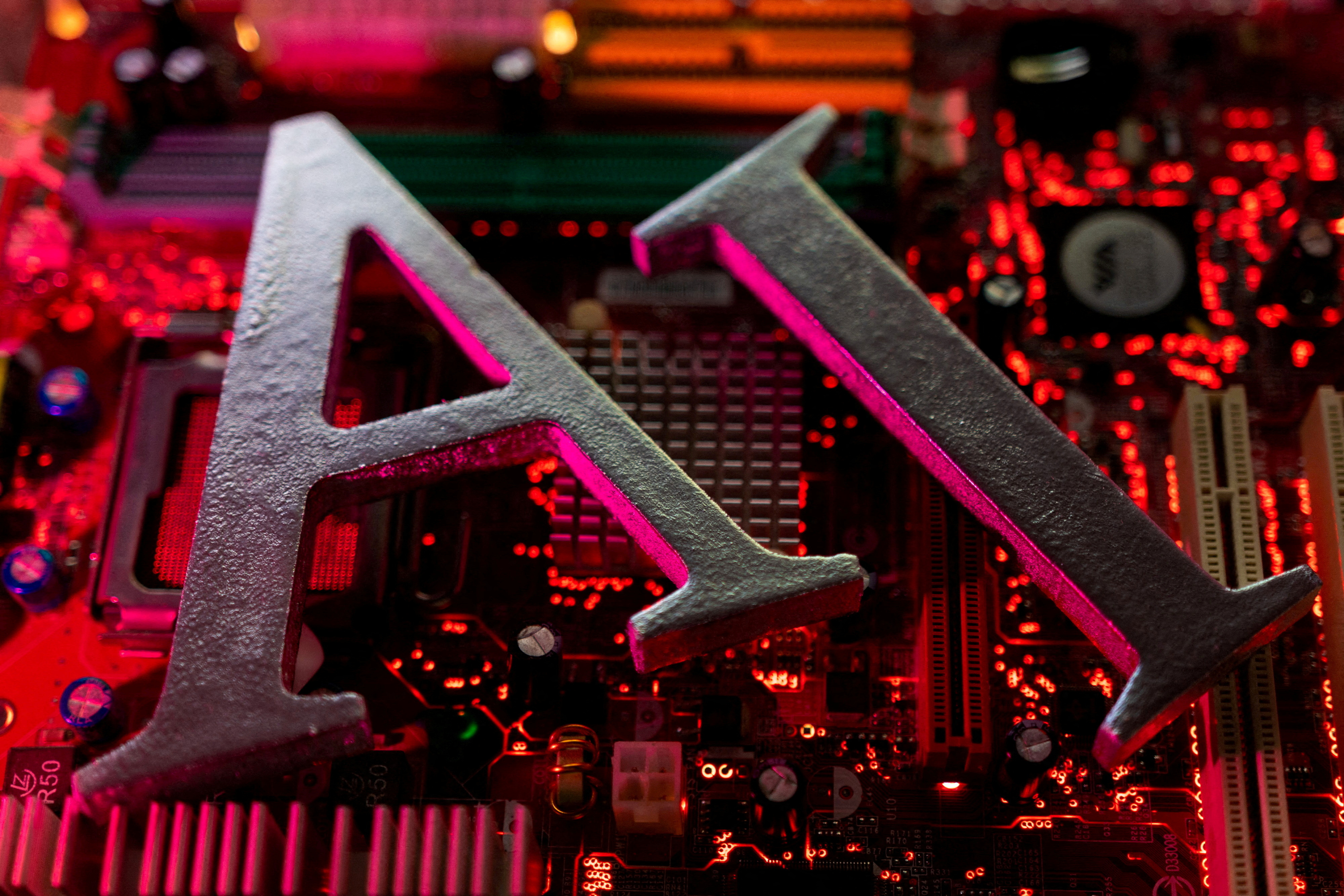(Reuters) -Rapid advances in artificial intelligence (AI) such as Microsoft-backed OpenAI's ChatGPT are complicating governments' efforts to agree laws governing the use of the technology.
Here are the latest steps national and international governing bodies are taking to regulate AI tools:
AUSTRALIA
* Planning regulations
Australia will make search engines draft new codes to prevent the sharing of child sexual abuse material created by AI and the production of deepfake versions of the same material, its internet regulator said in September.
BRITAIN
* Planning regulations
Governments and companies need to address the risks of AI head on, Prime Minister Rishi Sunak said on Oct. 26 ahead of the first global AI Safety Summit at Bletchley Park on Nov. 1-2.
Sunak added Britain would set up the world's first AI safety institute to "understand what each new model is capable of, exploring all the risks from social harms like bias and misinformation through to the most extreme risks".
Britain's data watchdog said on Oct. 10 it had issued Snap Inc (NYSE:SNAP)'s Snapchat with a preliminary enforcement notice over a possible failure to properly assess the privacy risks of its generative AI chatbot to users, particularly children.
CHINA
* Implemented temporary regulations
China published proposed security requirements for firms offering services powered by generative AI on Oct. 12, including a blacklist of sources that cannot be used to train AI models.
The country issued a set of temporary measures in August, requiring service providers to submit security assessments and receive clearance before releasing mass-market AI products.
EUROPEAN UNION
* Planning regulations
European lawmakers agreed on Oct. 24 on a critical part of new AI rules outlining the types of systems that will be designated "high risk", and inched closer to a broader agreement on the landmark AI Act, according to five people familiar with the matter. An agreement is expected in December, two co-rapporteurs said.
European Commission President Ursula von der Leyen on Sept. 13 called for a global panel to assess the risks and benefits of AI.
FRANCE
* Investigating possible breaches
France's privacy watchdog said in April it was investigating complaints about ChatGPT.
G7
* Seeking input on regulations
The Group of Seven countries agreed on Oct. 30 to an 11-point code of conduct for firms developing advanced AI systems, which "aims to promote safe, secure, and trustworthy AI worldwide".
G7 leaders had in May called for the development and adoption of technical standards to keep AI "trustworthy" at a ministerial forum dubbed the "Hiroshima AI process".
ITALY
* Investigating possible breaches
Italy's data protection authority plans to review AI platforms and hire experts in the field, a top official said in May. ChatGPT was temporarily banned in the country in March, but it was made available again in April.
JAPAN
* Investigating possible breaches
Japan expects to introduce by the end of 2023 regulations that are likely closer to the U.S. attitude than the stringent ones planned in the EU, an official close to deliberations said in July.
The country's privacy watchdog has warned OpenAI not to collect sensitive data without people's permission.
POLAND
* Investigating possible breaches
Poland's Personal Data Protection Office said on Sept. 21 it was investigating OpenAI over a complaint that ChatGPT breaks EU data protection laws.
SPAIN
* Investigating possible breaches
Spain's data protection agency in April launched a preliminary investigation into potential data breaches by ChatGPT.
UNITED NATIONS
* Planning regulations
The U.N. Secretary-General António Guterres on Oct. 26 announced the creation of a 39-member advisory body, composed of tech company executives, government officials and academics, to address issues in the international governance of AI.
The U.N. Security Council held its first formal discussion on AI in July, addressing military and non-military applications of AI that "could have very serious consequences for global peace and security", Guterres said at the time.
U.S.
* Seeking input on regulations
President Joe Biden issued a new executive order on Oct. 30 to require developers of AI systems that pose risks to U.S. national security, the economy, public health or safety to share the results of safety tests with the government.
The U.S. Congress in September held hearings on AI and an AI forum featuring Meta (NASDAQ:META) CEO Mark Zuckerberg and Tesla (NASDAQ:TSLA) CEO Elon Musk.
More than 60 senators took part in the talks, during which Musk called for a U.S. "referee" for AI. Lawmakers said there was universal agreement about the need for government regulation of the technology.
On Sept. 12, the White House said Adobe (NASDAQ:ADBE), IBM (NYSE:IBM), Nvidia (NASDAQ:NVDA) and five other firms had signed Biden's voluntary commitments governing AI, which require steps such as watermarking AI-generated content.

A Washington D.C. district judge ruled in August that a work of art created by AI without any human input cannot be copyrighted under U.S. law.
The U.S. Federal Trade Commission opened in July an investigation into OpenAI on claims that it has run afoul of consumer protection laws.